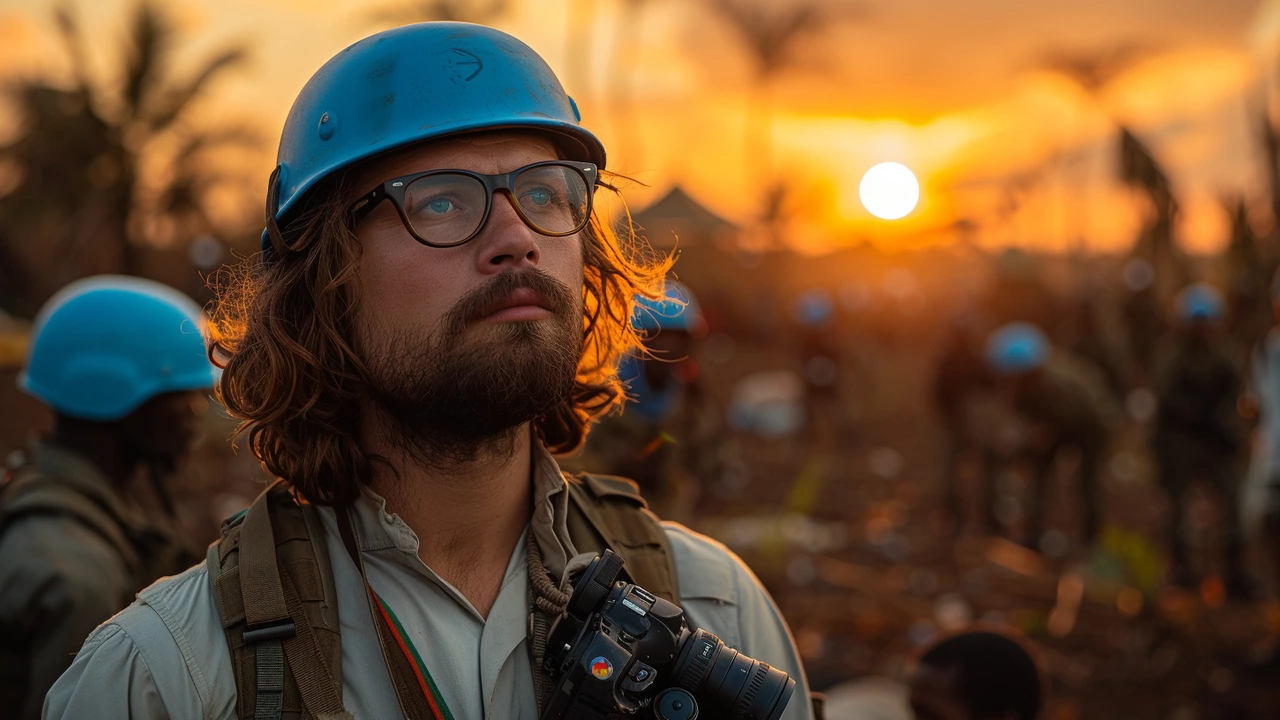When peacekeepers arrive in a crisis, they bring more than uniforms and equipment — they bring global solidarity. That phrase sounds big, but it describes a simple idea: countries, organizations, and people working together so communities can stop fighting and start rebuilding. This page collects stories and practical angles on how solidarity actually works in the field and at home.
Solidarity in peacekeeping means shared effort. Nations contribute troops, police, medical teams, and money. The United Nations often coordinates these inputs so help reaches civilians fast and in a coordinated way. For example, peacekeepers support safe zones, help monitor ceasefires, and work with local groups to restore services like schools and clinics. Those are concrete outcomes, not slogans.
Solidarity also shows up as training and capacity building. International teams train local police, support judges, and advise local leaders so communities can manage disputes without violence. Over time, that reduces the need for foreign troops and hands control back to the people who live there.
When solidarity is real, civilians are safer. Markets reopen, kids return to school, displaced families go home, and local economies begin to recover. Peacekeeping missions that coordinate well with humanitarian groups can deliver food, water, and medical care while protecting aid workers. That combination saves lives and speeds recovery.
Conversely, when solidarity is weak — funding gaps, unclear mandates, or poor coordination — missions struggle. Civilians pay the price. That’s why clear goals, reliable funding, and honest reporting matter. Strong solidarity means everyone does their part and keeps each other accountable.
So what can you do if you care about global solidarity?
Global solidarity isn't abstract. It's supply convoys, training programs, votes at the UN, and neighbors writing to lawmakers. It’s also the quiet work of volunteers and journalists who keep the world informed. If you want practical reads, check the posts tagged here — they cover mission life, strategy, human stories, and ways to help. Pick one article, learn one fact, and pass it on. Small steps add up.
Want more? Browse the tag for first-person accounts, strategy pieces, and updates from current missions. Knowledge fuels action, and action builds solidarity.

Hey there, folks! Today's post is all about peacekeeping - a vital act of global solidarity. We'll delve into how it works in international relations and how it's an essential measure in conflict resolution. Understanding peacekeeping is about comprehending our shared responsibility towards peace and stability in the world. I cannot wait to share these insights with all of you on such an important topic!
